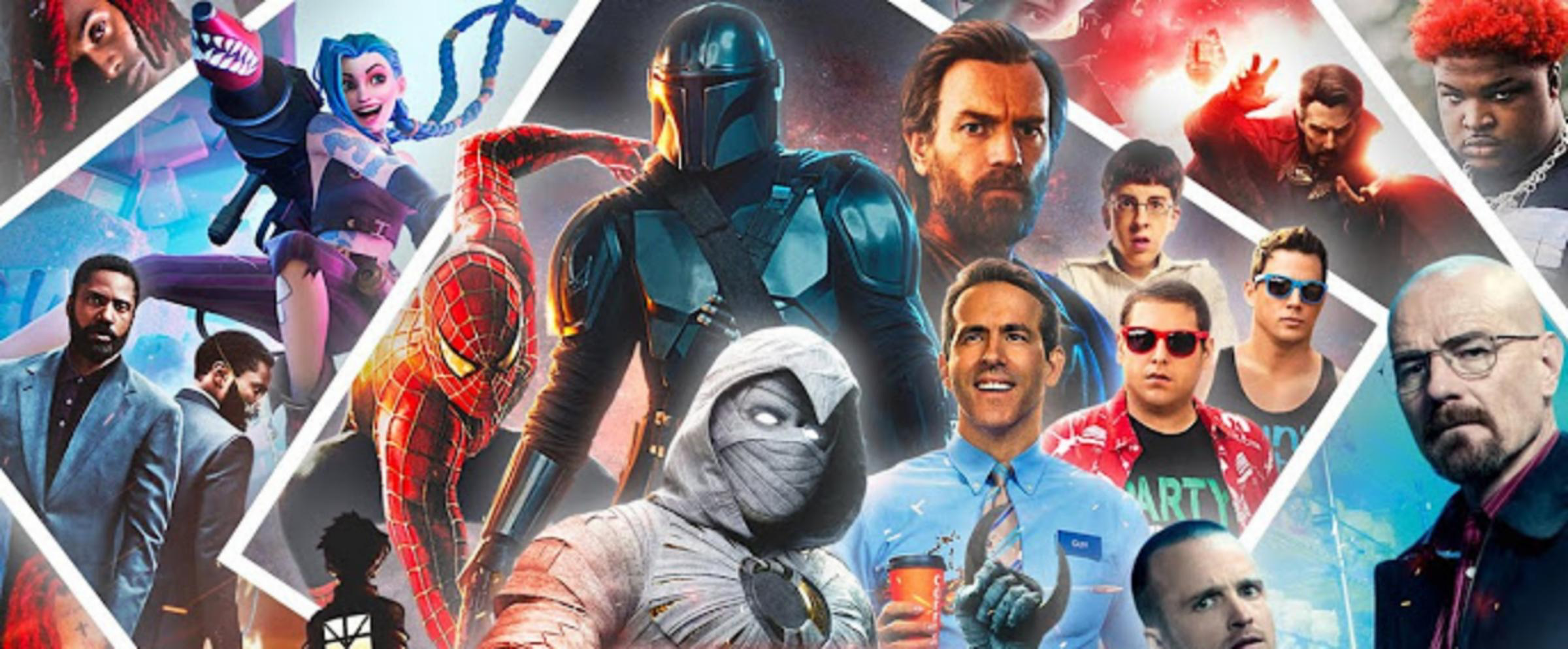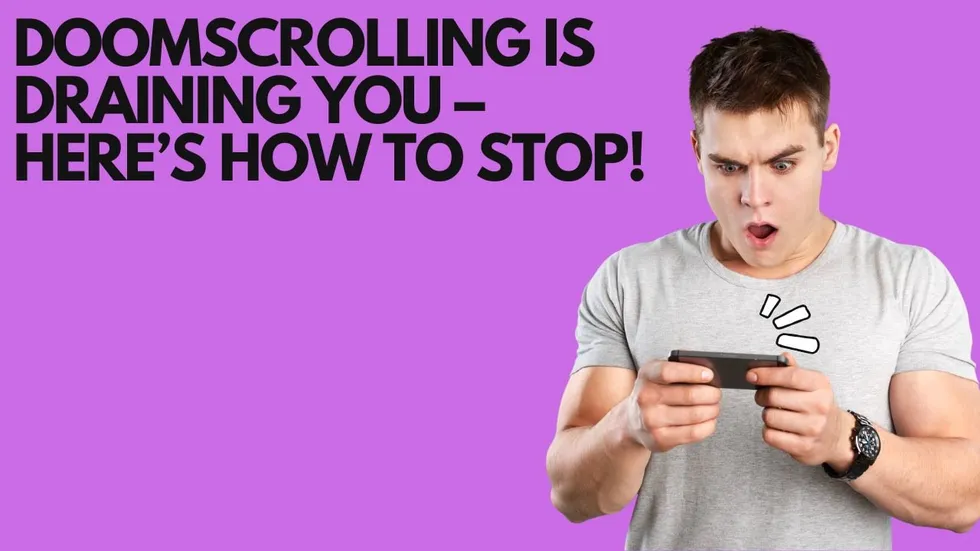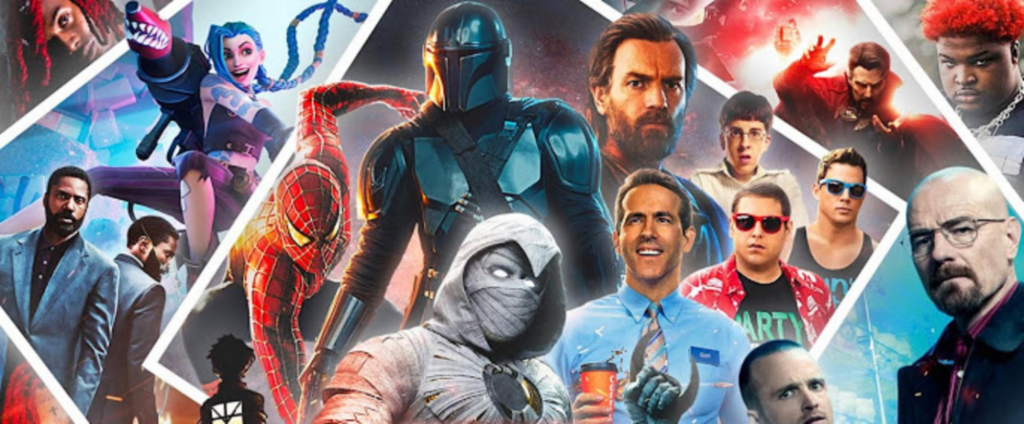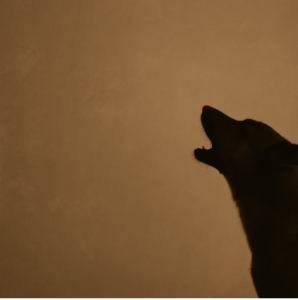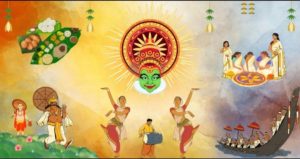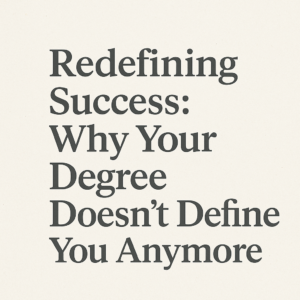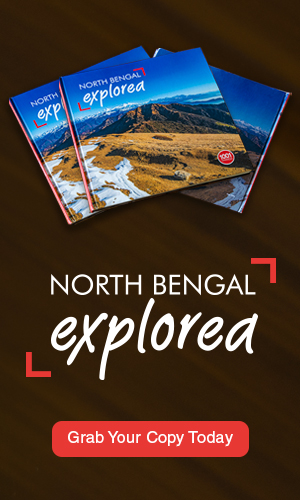Was God too just a story? Were the people we see as myths once part of popular culture? The symbol of “S” on a man’s chest, the rise of selfie culture, and changes in music and apps are all elements of pop culture we live and breathe every day. “Pop” refers to popular mass media elements of our current age and time.
Following World War II, mass media grew rapidly, enabling youths worldwide to express themselves through art, music, movies, and talents. Music, being more affordable than movie theatre visits, grew significantly with bands like The Four Tunes and The Beatles.
During this time, the billion-dollar superhero industry emerged with Superman’s debut in Action Comics #1 from Detective Comics (now DC Comics). Superman’s inspiration drew from Hercules mythology and biblical attributes of Jesus.
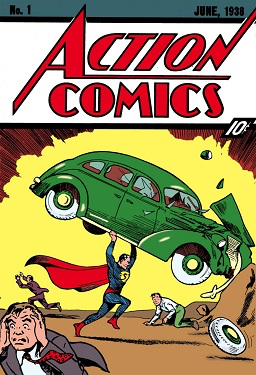
This aspect of pop culture arguably dominates the cinema industry today, with Marvel and DC movies’ immense popularity. Icons like Superman, Batman, and Spider-Man are household names. Their superhuman strength, righteousness, and aspirational qualities raise questions: what if modern pop culture icons become our history?
History repeats itself. Greek mythology, passed down by rhapsodes, evolved over time through reinterpretation and variation, shaping ancient Greek culture. This legacy influences our language, stories, and lessons learned.
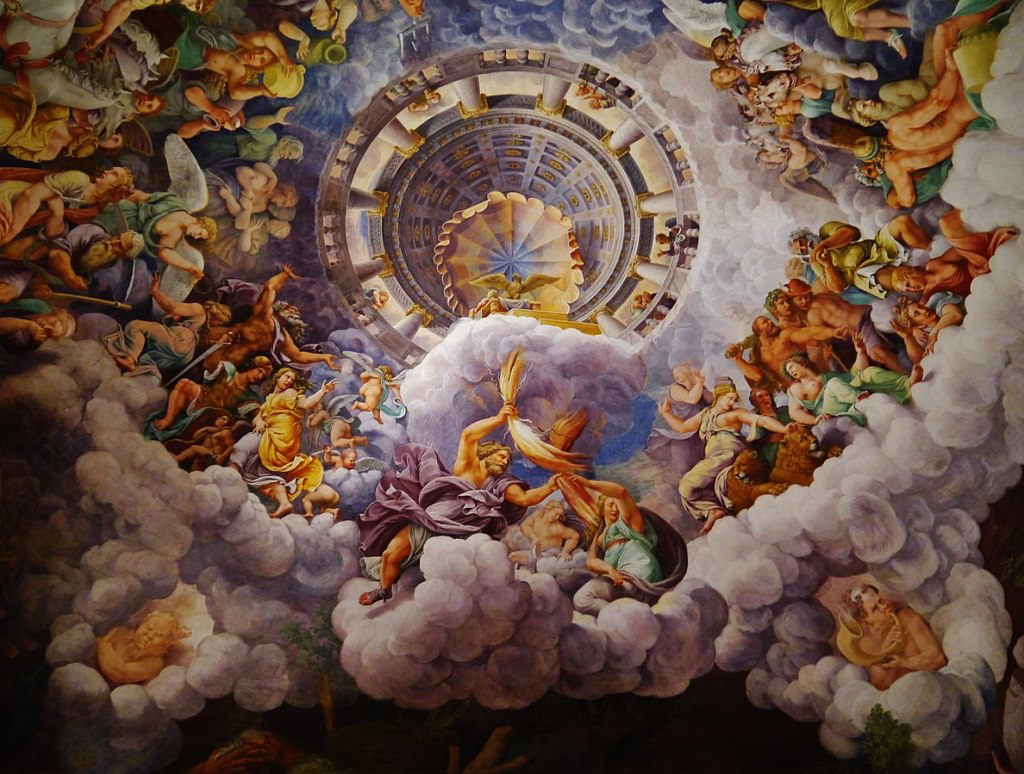
Similarly, modern media may become the mythology of our time, influencing the future. Joe Simon and Jack Kirby created Captain America in the 1940s to promote America’s WWII entrance. Today, Captain America is part of the 54 billion-dollar Marvel Cinematic Universe.
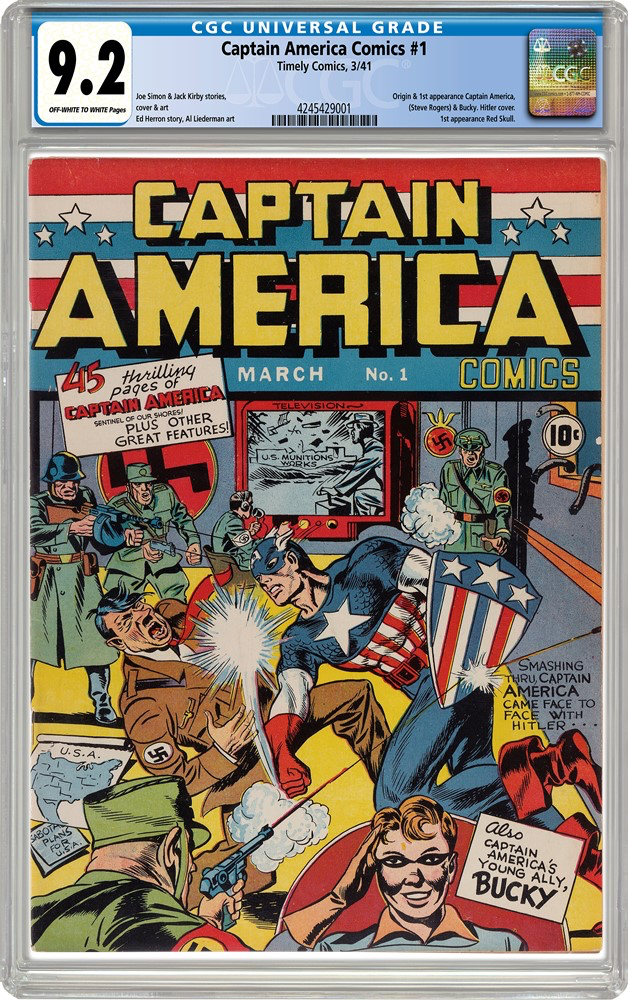
In the 1970s, DJ Kool Herc started rap at his sister’s back-to-school party, aiming to extend dance sessions. This simple innovation has shaped the 21st century, contributing 15 billion dollars to the US economy.
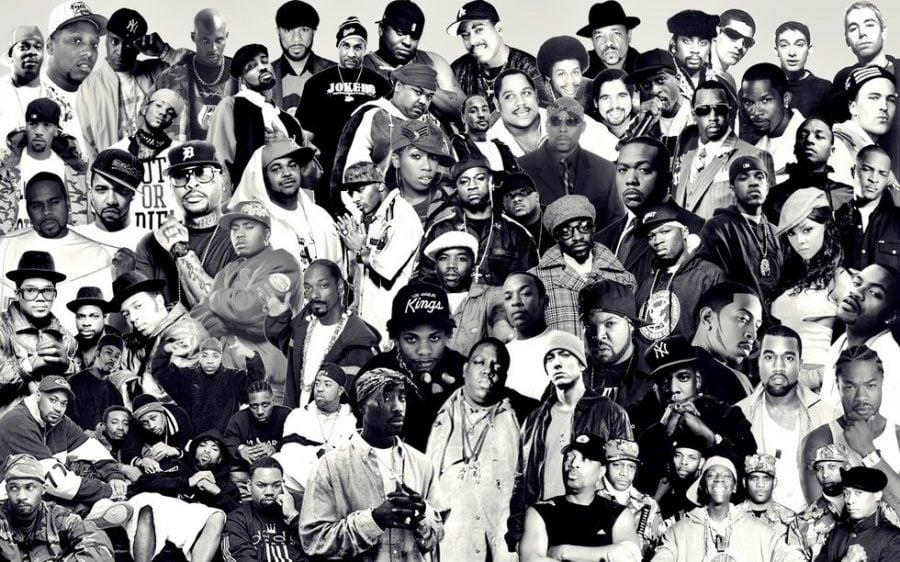
Pop culture is more than a trend; it’s a foundation for future art. Today’s art may transition into tomorrow’s deep-rooted culture, influencing beliefs, aspirations, environment, and future pop culture. This never-ending cycle of pop culture continues.
– Nikhil Thapa
